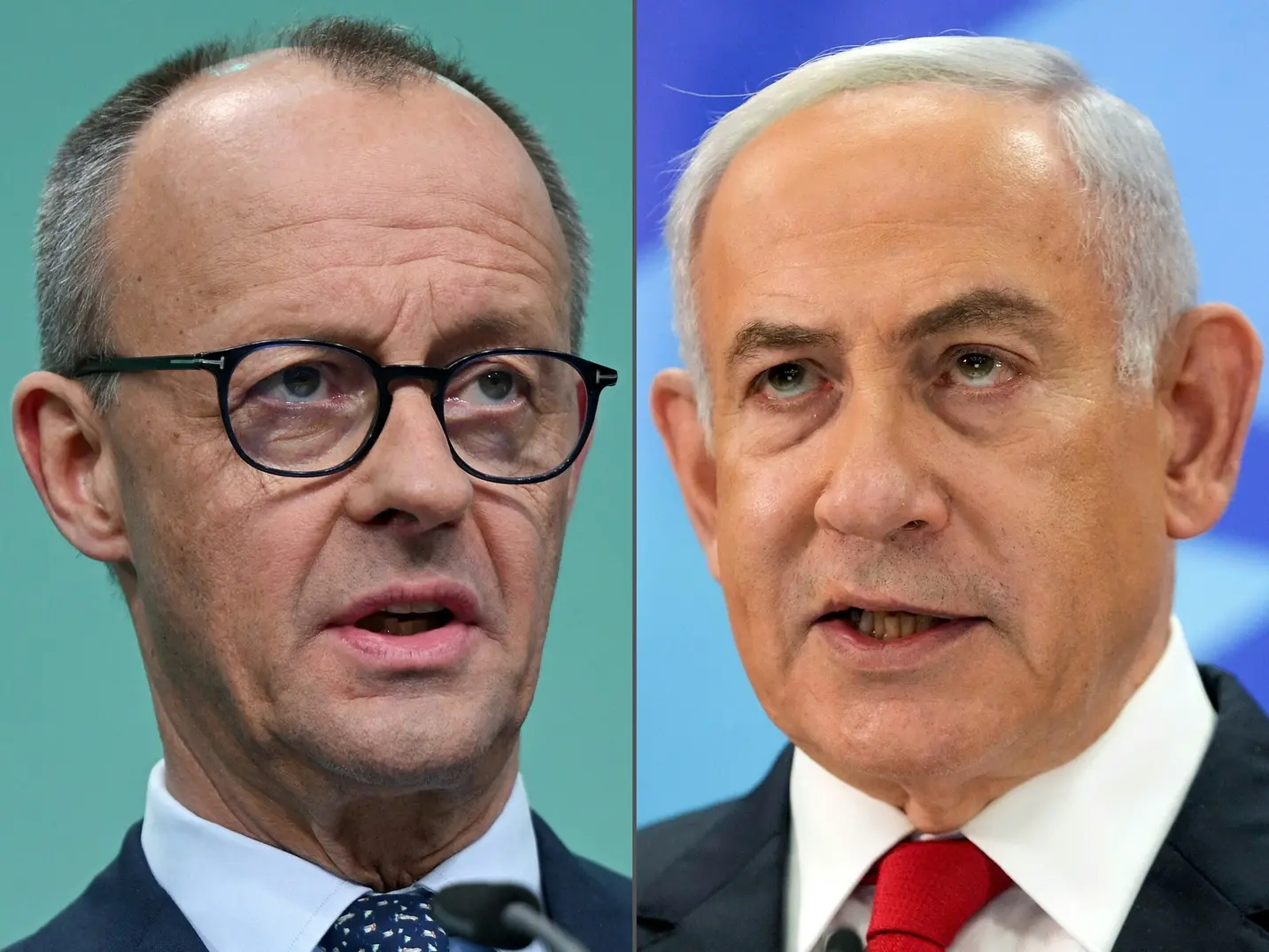T4K3.news
Gaza City plan faces global backlash
Netanyahu defends plan to seize Gaza City as protests and international criticism mount.
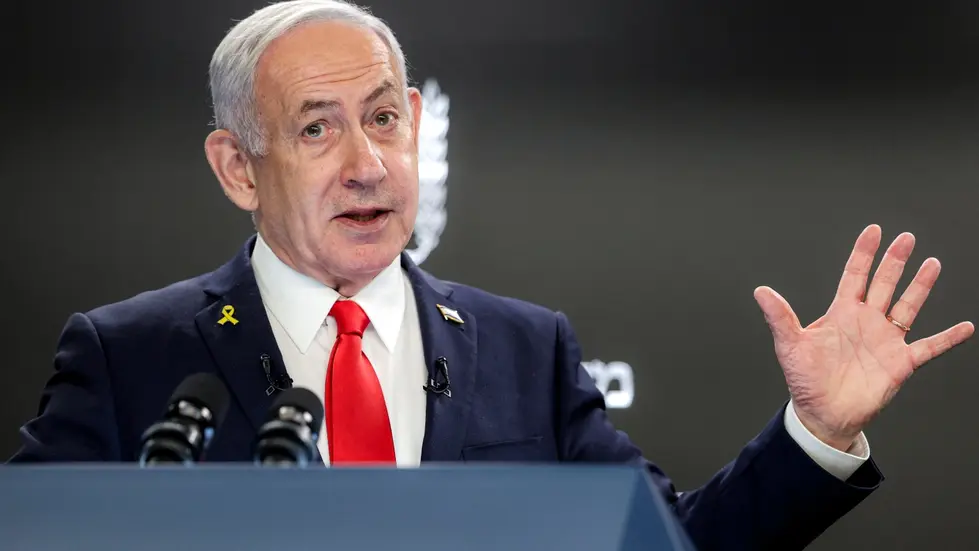
Netanyahu reiterates a plan to seize Gaza City and control much of Gaza despite protests and broad international criticism.
Netanyahu Defends Gaza City Plan Amid Global Condemnation
Israeli Prime Minister Benjamin Netanyahu defended a plan to seize Gaza City and the remaining parts of Gaza not already controlled by Israel. He said the operation would involve displacing Palestinians to designated safe zones and would be carried out with large numbers of reservists called up after the Security Cabinet approved the plan. Netanyahu argued the move would bring a swift end to the war and the conflict with Hamas, while acknowledging the plan would entail difficult steps for civilians. He also outlined a long term aim for a non Israeli run civil administration in Gaza, while keeping ultimate security control over the territory. He insisted the goal is to free Gaza from Hamas rather than to occupy it, even as some coalition members push for annexation or permanent displacement.
International reaction was swift and sharp. Protests erupted in Israel and abroad, with hostages’ families warning the plan could jeopardize hostage negotiations. The U.N. Security Council met as European and Middle Eastern governments voiced concern that the plan would worsen the humanitarian crisis in Gaza. U.N. officials warned that hospitals, doctors, and aid delivery are under strain, and that the humanitarian system has effectively collapsed under current conditions. Germany also announced an arms export halt that could be used in Gaza. Despite the criticism, U.S. officials expressed support for Israel’s right to defend itself.
Key Takeaways
"This is the best way to end the war and end it speedily"
Netanyahu's justification for the plan in public remarks
"The humanitarian system has effectively collapsed"
Tom Fletcher, UN OCHA head, on Gaza aid efforts
"Israel has a right to decide what is necessary for its security"
Dorothy Shea, U.S. interim ambassador to the U.N.
"Expanding the fighting endangers the hostages and the soldiers"
Hostages and Missing Families Forum statement
The plan signals a major shift in how Israel intends to manage Gaza, raising questions about long term governance, civilian safety, and international law. Inside Israel, the proposal has exposed fault lines in a coalition that includes hardliners and moderates and has sparked a broader debate about the country’s strategic priorities. The rhetoric of “freeing Gaza” clashes with on the ground realities of displacement, hunger, and hospital collapse, which could fuel regional instability and erode support among allies. In humanitarian terms, the proposal risks creating a new cycle of vulnerability for civilians while complicating any future negotiations with Hamas. The coming days will test whether diplomacy can outpace a plan that could redefine Gaza’s future and Israel’s regional standing.
Highlights
- This is the best way to end the war and end it speedily
- The humanitarian system has effectively collapsed
- Israel has a right to decide what is necessary for its security
- Expanding the fighting endangers the hostages and the soldiers
Political and humanitarian backlash risk
The plan involves mass displacement of civilians in Gaza, triggers domestic protests in Israel, and faces swift international condemnation. It could complicate hostage negotiations and provoke sanctions or halts in security aid from key allies.
The next few days will shape whether this approach can survive diplomatic scrutiny or matter less to those living in Gaza.
Enjoyed this? Let your friends know!
Related News
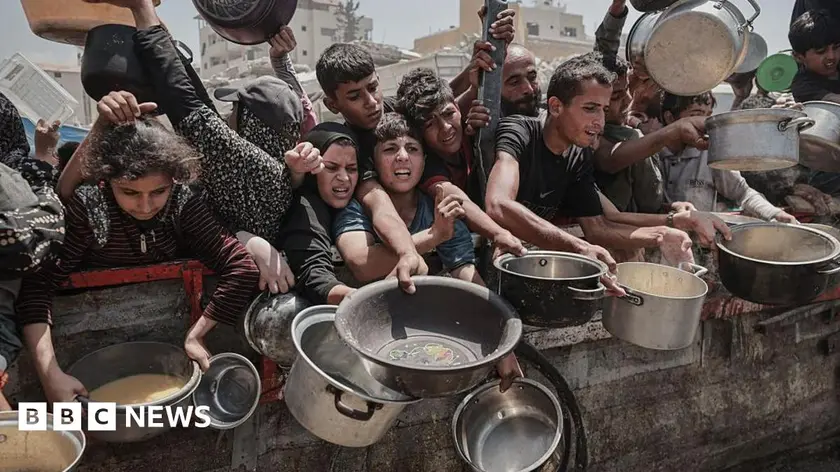
Israel moves to seize Gaza City faces global backlash
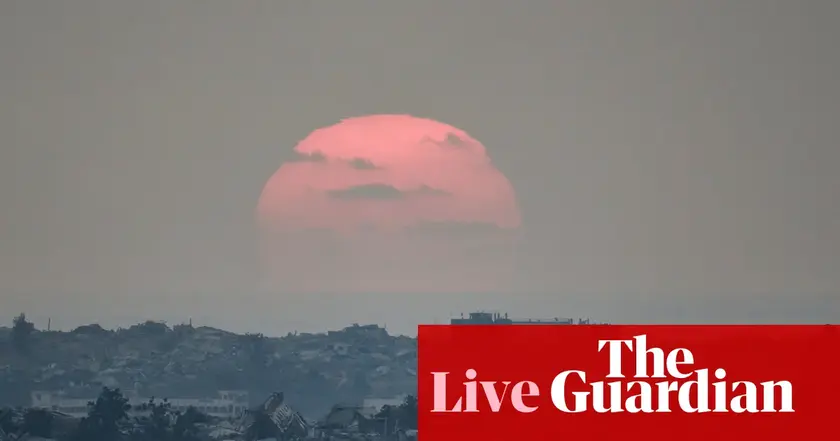
Gaza City plan triggers international backlash
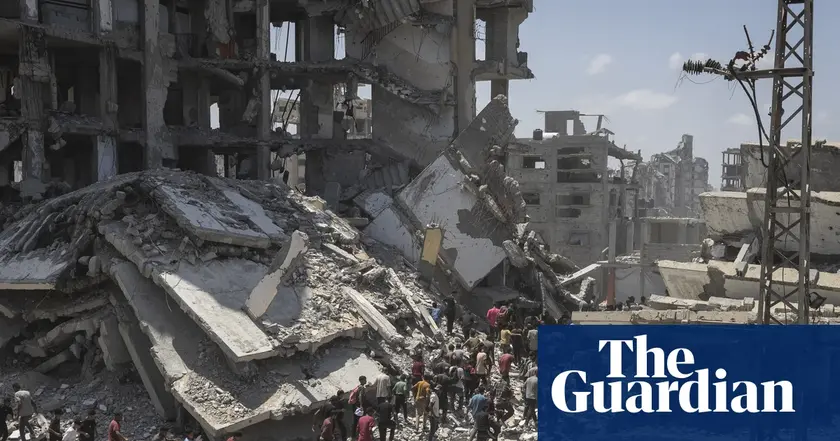
Israel plans Gaza City takeover draws international outrage
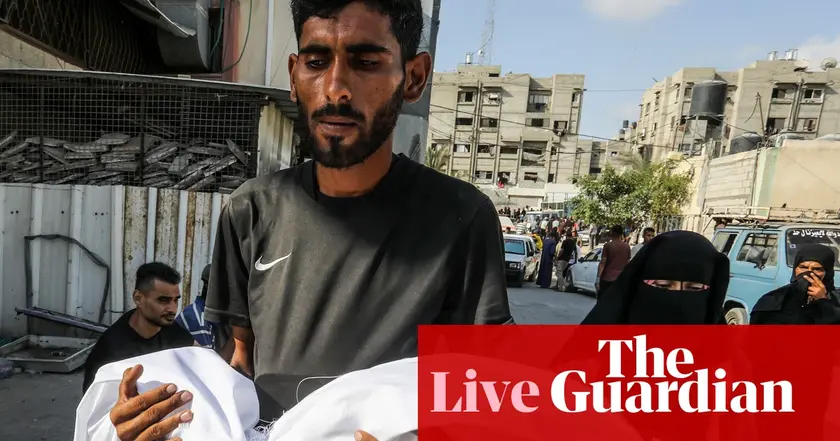
Six killed as civilians gather for aid in Gaza
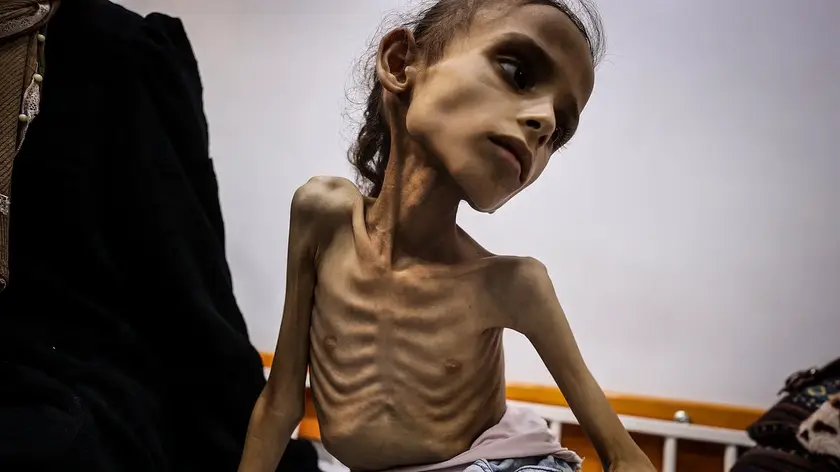
New photos of Maryam Duvvas illustrate severe malnutrition in Gaza
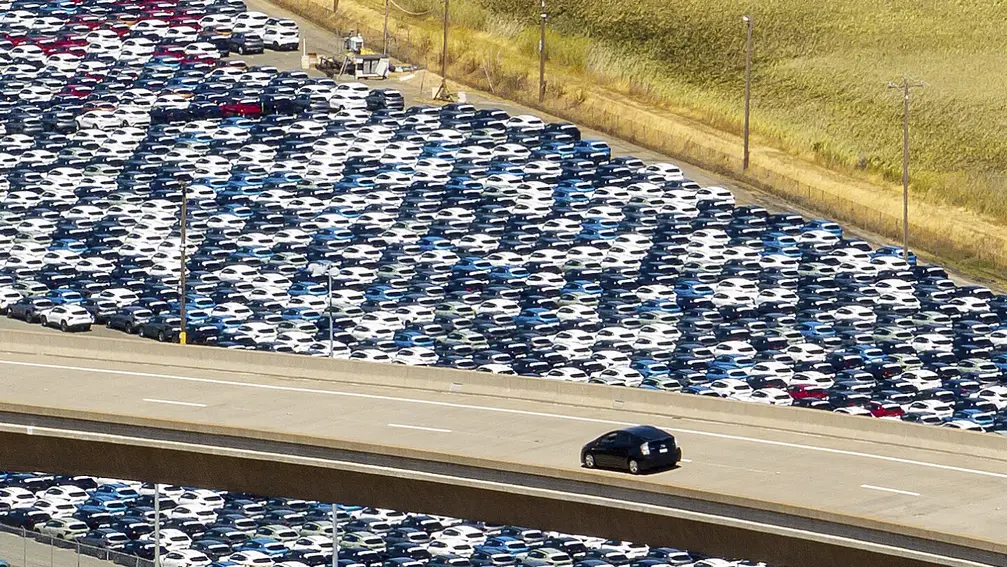
Tariffs and conflicts shape a turbulent week
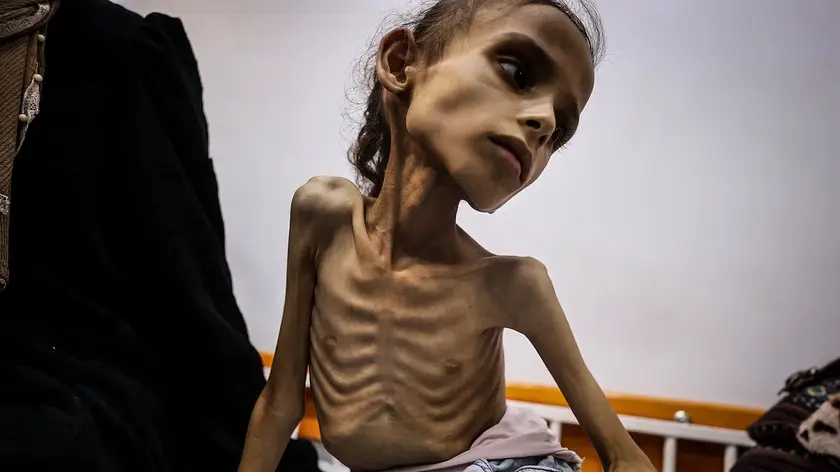
Disturbing images reveal child malnutrition crisis in Gaza
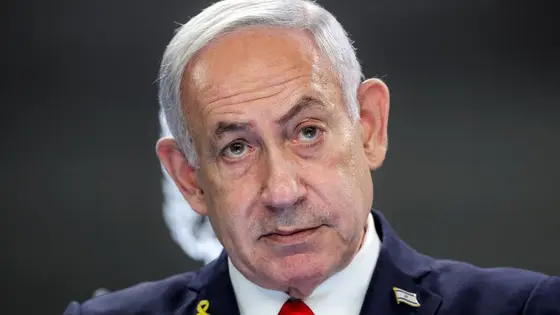
Gaza City takeover defended by Netanyahu
